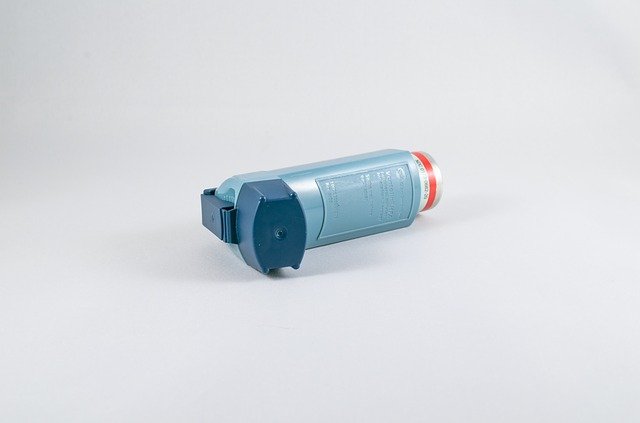A sudden tightness in your throat makes you pause. You cough hard to try and clear your airway to no avail and within minutes, it feels like you’re breathing through a straw. The room narrows as you start to panic and breathe faster, a strident wheezing sound confirming what you already know — you’re having an asthma attack.
It might be hard to understand what a kid is going through if you’ve never felt the sheer desperation for air accompanying an attack like this. Here are five things to know if your child has asthma and how you can support them through their illness. You can both get through this.
1. Asthma Has Many Possible Triggers
Triggers are the factors that cause an asthma attack and can include things like:
- Tobacco smoke – Exposing children to cigarette smoke can cause asthma attacks — as well as the development of asthma in otherwise healthy kids.
- Pets – If your child is allergic to your cat, dog, bird or other pet, you should keep the animal out of their room and clean the house frequently. If it isn’t enough, you may have to consider rehoming your pet, as hard as it is.
- Pollen – Some people only have asthma attacks in response to allergies to certain types of pollen and experience complete relief when they go on vacation or move to another city.
- Dust, dust mites or mold – All three irritants are common asthma triggers. Keeping a clean house, removing mold and running an air filter might help. Change your kid’s bedding frequently and use dust-mite-protective mattress and pillow covers on their bed.
- Air pollution – This is a known trigger for asthma attacks and the development of the disease itself. In 2020, a coroner listed air pollution as the official cause of a person’s death for the first time when it triggered a fatal asthma attack in a child. You can keep your car windows closed when stuck in traffic, avoid traveling during rush hour and stay indoors when the air quality is terrible.
- Exercise – For some people, exercising is a trigger. Ask your doctor how your child can exercise if this is the case.
- Respiratory infections – Certain viral and bacterial infections can trigger the development of asthma and cause attacks.
As an obstructive lung disease causing the airways to seal shut, asthma is serious, but you and your kid can manage it. Identifying triggers is an integral part of treatment.
2. You Should See A Doctor
If you haven’t already, take your child to a doctor who can diagnose them with asthma. They may be able to provide a treatment to help control the illness. There are two types of medications that treat asthma — rescue medications and long-term control.
Rescue medications are things like an inhaler, nebulizer or an epi-pen, which treat severe allergic reactions that trigger asthma in some people. These are treatments your kid can take during an asthma attack.
Doctors usually prescribe long-term control medications for everyday use. They can help make the disease more manageable day-to-day.

3. You Must Take It Seriously
If your child says they can’t breathe, never assume they’re just being dramatic. Even a mild asthma attack can cause difficulty breathing and be terrifying for them.
Act immediately to provide rescue medication or call for help. If untreated, an attack can lead to unconsciousness, permanent brain damage or death.
4. Rescue Medications Only Work If You Have Them
Keep rescue medications — like your kid’s inhaler or epi-pen — close by. Depending on their age, you may want to keep these medications in your purse, your child’s backpack or both. When the time comes, you want to be able to find them quickly and easily.
Ask for more than one inhaler or epi-pen so you can keep them in multiple locations. Check them regularly to make sure they’re not expired.
5. Your Child’s Teachers Need To Know
Your kid might express embarrassment about having asthma. Some children won’t tell people at school about their health problems because they want to fit in.
However, it’s critically important to inform the school faculty and staff about your kid’s condition — especially the nurse and gym teacher. In the instance of an asthma attack during P.E. or even while your child is sitting in class, their teacher can help them if they know what’s wrong.
Furthermore, you can empower your kid to care for themselves during an asthma attack. If that means leaving class to take their inhaler or sitting on the sidelines in gym class, they should know they’re allowed and encouraged to do so. Let them know a health emergency trumps any rules about needing permission to leave class, take a break or speak up.

Work Together To Help Manage Your Child’s Asthma
One of the most important things to know if your child has asthma is — although it isn’t curable — it’s treatable. You can work together to manage it.
In some instances, avoiding triggers is all it takes to stop having symptoms. Other cases might be more severe and require management with continuous medication or lifestyle changes, like being careful not to exercise too hard. Talk to your doctor about your child’s long-term asthma treatment plan.



































